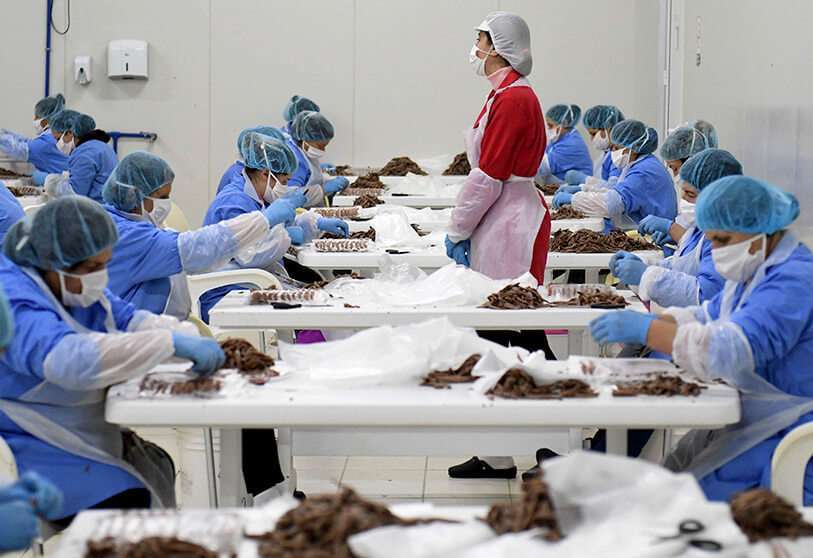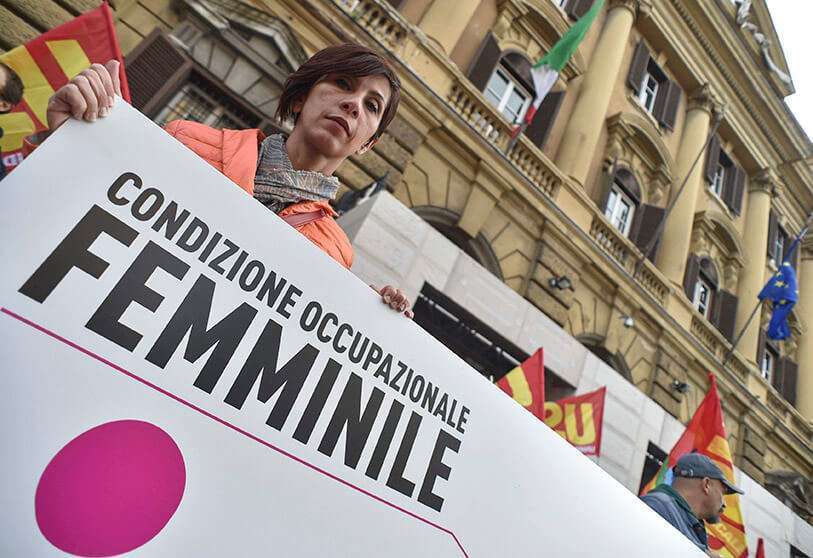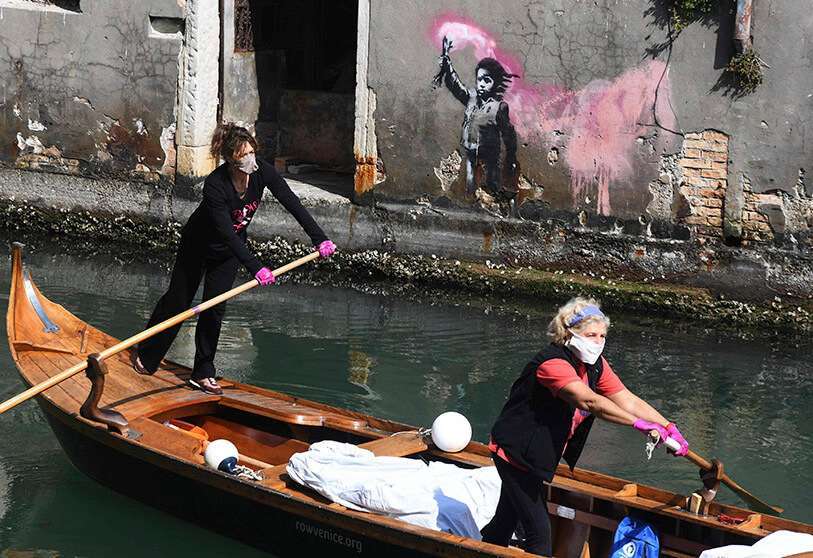Promoting equality and female employment in Italy, a big challenge for Draghi

The female employment rate is below 50% and 98% of the jobs lost in December were for women: Italy has a serious equality problem and promoting women's access to the labour market, as Prime Minister Mario Draghi has said he intends to do, will be one of the great challenges facing his government.
These are data from Italy's National Institute of Statistics (Istat), which show that women are one of the groups hardest hit by the coronavirus pandemic.
"They often have worse conditions, imposed half-days and temporary contracts", which is the first thing to be sacrificed in a crisis, explains to Efe Susanna Camusso, ex-secretary general of Italy's largest trade union, CGIL, and its current head of gender policies.
"Moreover, this crisis has hit the service and tourism sectors in particular, with a high female presence," says economist and lecturer in European economics at the LUISS University, Veronica De Romanis.

Italy also has one of the worst pay gaps between men and women in Europe, and there are few women in managerial positions, with 28% compared to 36% in Spain and 38% in France, according to the EU statistics office Eurostat.
This is a reality that could change if the government promotes policies that favour equality in the country.
Draghi cited this as one of his priorities in his first speech to Parliament: "True gender equality does not mean a pharisaic respect for women's quotas required by law: it requires equal competitive conditions between genders to be guaranteed".
"We intend to work in this sense, aiming at a rebalancing of the wage gap and a welfare system that allows women to devote the same energy to their career as their male colleagues, overcoming the choice between family or work.
But De Romanis warns: "A large part of the EU Recovery Fund has to be invested in digitalisation and green transition, two fields that are dominated by men. Care must be taken not to penalise women even more with the projects on which to spend these millions of euros in aid".

Before the outbreak of the coronavirus pandemic, less than half of women were in paid work in Italy, according to Istat data, a trend that continues, with the employment rate for women standing at 48.6% last December, compared to almost 68% for men.
In 2020 as many as 444,000 people lost their jobs, 70 % of whom were women; while in December alone 101,000 people were unemployed, 98 % of whom were women.
The explanation lies in the precariousness of their working conditions and the difficulty of reconciling family and work.
During the pandemic, companies have argued that "teleworking was the ideal solution to make it easier for them to take care of their children at home, since they had distance classes to avoid contagion", but this has not been the case, Camusso stresses.
"What has happened is that women have had to move their office to the home and take care of their children at the same time, and you can't do two things at the same time: the result is that they have had to give hours and hours to their work in order to maintain the same level," she continues.

For the former CGIL secretary general, the penalisation of women in terms of job losses during the coronavirus crisis could have been worse if Rome had not approved the ban on dismissals for economic reasons and provided social protection mechanisms for people with reduced working hours or even temporary unemployment, two measures in force until March 31, but which the trade unions are calling for an extension.
Camusso's recipe for reducing female unemployment involves the government hiring women in public services and not authorising any business project that does not provide for their real inclusion on equal terms.
Inequality between men and women in the workplace penalises Italy's gross domestic product (GDP) by around 88 billion euros, the equivalent of 5.7%, according to the European foundation Eurofund.








